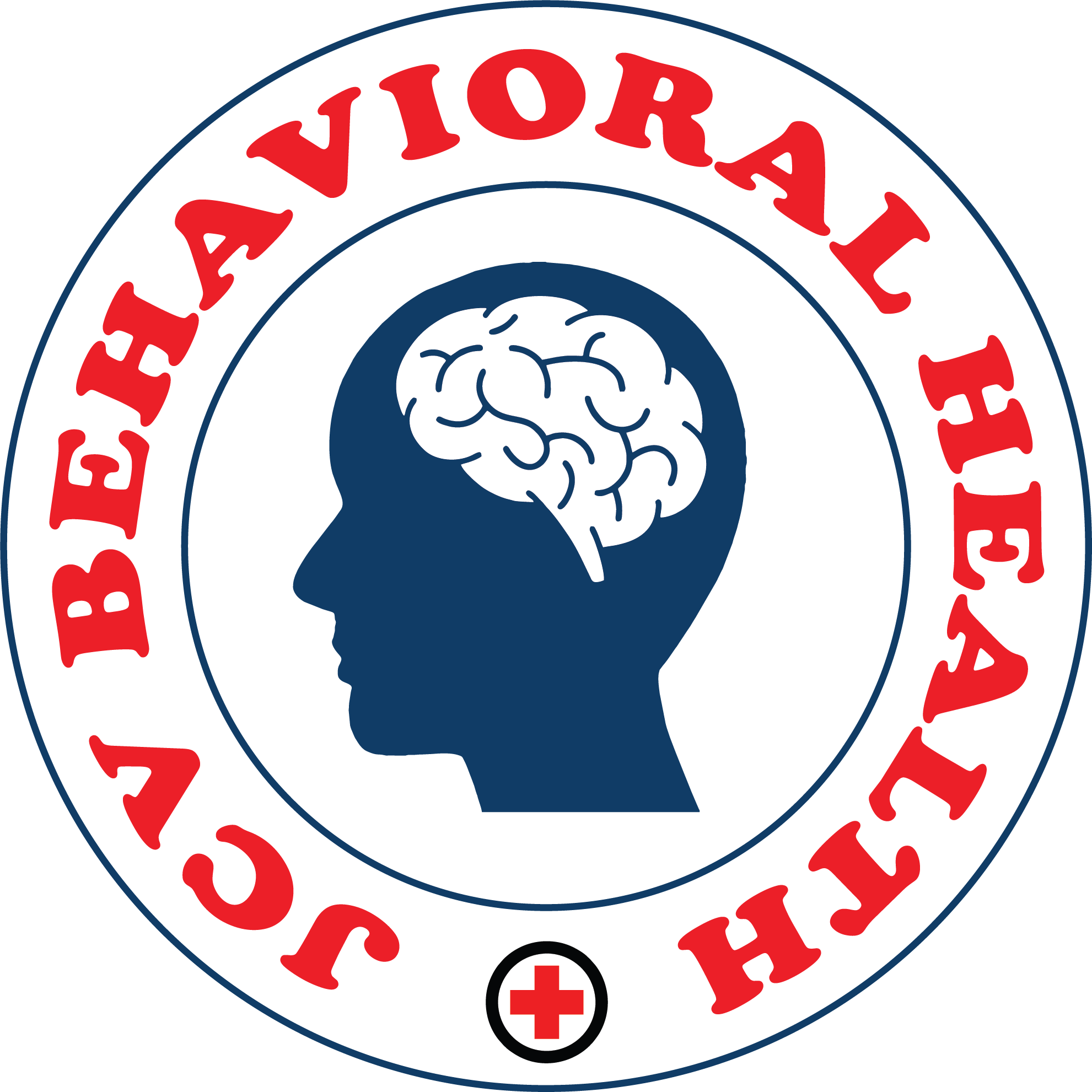Patients with obsessive-compulsive disorder develop unwanted thought sequences together with purposefully maintained repetitive behaviors as part of their mental health condition.
Systematic arrangement and cleanliness are minor components of this situation. Anyone interacting with an OCD patient must handle their communication carefully.
The wrong statements might exacerbate the difficulties of someone who has OCD.
JCV Behavioral Health Services provides individualized support for people dealing with OCD or any other mental health concerns.
Our experts provide personalized therapy along with medicine prescriptions and assessments which match your requirements. Reach out to us for arranging your appointment.
Below, we will cover what not to say to someone with OCD and how we can be more helpful instead.
The 9 Types of OCD
OCD appears in different forms. Some common subtypes include:
- Contamination OCD
- Checking OCD
- Symmetry and Order OCD
- Hoarding OCD
- Harm OCD
- Sexual Orientation OCD
- Relationship OCD
- Religious or Scrupulosity OCD
- Intrusive Thoughts OCD
Why Do Words Matter?
The strength of words affects people experiencing OCD symptoms.
The psychological well-being of OCD patients improves when they receive sympathetic statements because these statements help them understand and reduce feelings of loneliness
However, critical or judgmental statements worsen their distress.
What Makes OCD Worse?
Many factors can make OCD symptoms more severe:
- Stress and Anxiety: The condition of intense stress can activate existing symptoms and worsen their intensity.
- Lack of Understanding: Misunderstanding by others leads to the complication of situations.
- Interfering with Rituals: While stopping compulsions is the goal, sudden interference can increase distress.
- Negative Comments: Criticism and dismissive remarks can add to their struggles.
What Not to Say to Someone with OCD?
Here are some things you should avoid saying:
- “Just Stop Doing That.”
Saying “just stop” reduces OCD. Using this statement denies the ability of OCD habits to switch off because it creates feelings of being overlooked by others.
- “Everyone Has a Little OCD.”
Being clean or organized does not mean that these people have OCD. To equate the normal things people like with a disease that is actually very dangerous is to undermine such a serious and sensitive matter.
- “Why Are You So Angry?”
People who have OCD experiecing OCD symptoms.
The psychological well-being of OCD patients improves when they receive sympathetic statements because these statements help them understand and reduce feelings of loneliness
However, critical or judgmental statements worsen their distress.nce frustration when disturbances prevent their compulsive behaviors.
A connection exists between OCD and anger because obsessive compulsive behaviors deliver brief relief to patients whose rituals become disturbed creating emotional distress.
It will be more beneficial to show patience rather than doubt their emotional state.
- “It’s Not a Major Concern.”
For people who have OCD, their worries are very real. Dismissing their feelings can make them feel isolated. Talking back to OCD is hard for them, and they need support, not judgment.
- “That’s Just a Bad Habit.”
OCD is not the same as a habit. It is a mental health condition. Expressing this can make the individual feel disregarded and ignored.
- “You’re Just Overthinking It.”
People struggle with OCD due to persistent unwelcome reflections. Telling them to “stop overthinking” ignores their real pain.
What to Say Instead?
If you want to be supportive, here’s what to say to someone with OCD instead of hurtful comments:
- I’m here for you.
- You’re not alone in this. Everything will be fine.
- You must experience intense difficulties when you struggle to shake off this problem.
- Your experience needs understanding from me so please share it with me.
- Please advise me on how I can back you up.
How to Support Someone with OCD Intrusive Thoughts?
Those who are affected by the disorder may feel unnecessary thoughts that they do not want. Here’s how to help OCD person:
- Do not judge their thoughts.
- Encourage professional support.
- Help them stay grounded and present.
- Remind them that thoughts do not define them.
Managing OCD and Anger
Some people facing OCD have problems with OCD and anger when they are unable to carry out the typical behaviors or when others do not comprehend their state. Here’s how to manage someone with OCD who struggles with anger:
- Give them space when needed
- Avoid arguing about their compulsions
- Encourage healthy coping strategies like therapy and relaxation techniques
Best Treatment for Obsessive Compulsive Disorder
OCD treatment typically involves:
- Cognitive Behavioral Therapy (CBT)
CBT helps patients change negative thought patterns.
- Exposure and Response Prevention (ERP)
ERP gradually exposes individuals to their fears in a controlled way.
- Medication Options
SSRIs serve as the primary medication which doctors provide when treating patients’ symptoms.
- Lifestyle Changes and Coping Strategies
Patient condition improves when they practice exercise together with mindfulness and use stress management techniques.
Final Thoughts
So, what not to say to someone with OCD? People who want to help someone with OCD need to understand both appropriate and inappropriate discussions with such patients.
You should choose your expressions with care whenever you speak to someone who has OCD.
Show understanding instead of criticism. Your help constitutes a major element that helps people through their recovery process.
Considering this advice helps people build better support systems for those with OCD. You must seek assistance from a mental health professional whenever someone requires help or you do.
FAQs
Can OCD be cured without treatment?
No, OCD generally cannot be removed without the help of a therapist, medication, or both of these forms of treatment.
Does stress exacerbate issues in OCD?
Yes, stress and anxiety are triggers that worsen the symptoms of OCD; that is why the disease needs the treatment and support.
Is OCD all about cleanliness?
No, OCD is usually related to not only a few specific areas such as cleaning but also rituals, intrusive thoughts, and being concerned with specific names.







